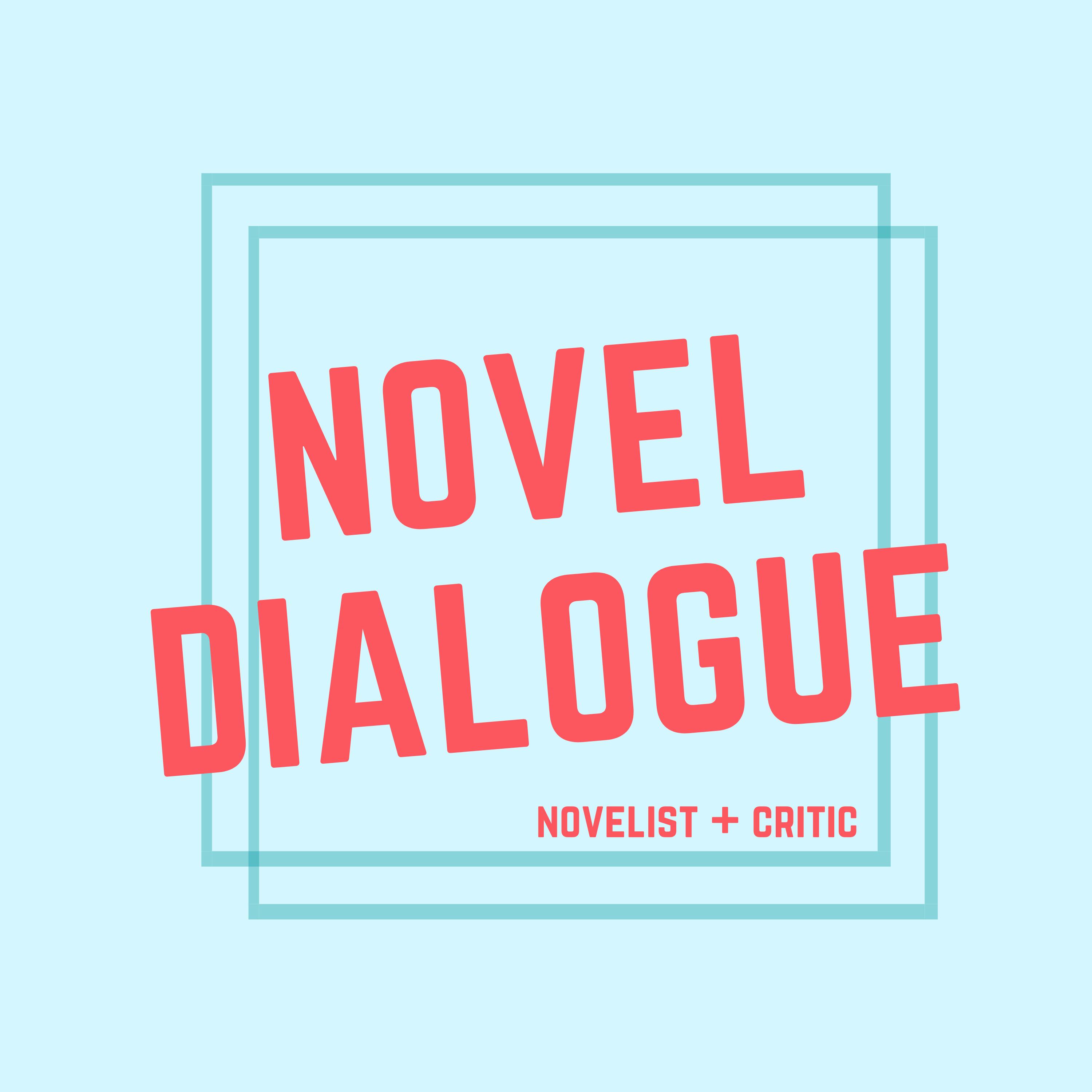Brandon Taylor practices moral worldbuilding in his fiction—that means an essential piece of these worlds is the “real possibility that someone could get punched in the face.” Brandon, author of the novels Real Life and The Late Americans, joins Stephanie Insley Hershinow for a wide-ranging, engrossing, and often hilarious conversation about the stakes of the novel today. They discuss Brandon’s “Hot Freud Summer,” during which he read all of Sigmund Freud’s essential works, as an example of an intellectual journey that engages with what Brandon calls the PDFs of criticism: the histories of ideas that he wishes to track back to their origins. Along the way, Brandon reveals what he has taken away from the Romance genre (“everything”), his conviction that The House of Mirth is the prototypical social media novel, and how he tries to avoid writing characters that are just “three spritzes of a personality standing in a room.” Brandon, Stephanie, and Chris close things out with their answers to the signature question about the first books they loved, and the answers are…revealing.
Mentioned in this episode:
By Brandon Taylor:
Real Life
Filthy Animals
The Late Americans
Also mentioned:
The House of Mirth
The Liberal Imagination
Georg Lukács
Frederick Jameson
Germinal
Debbie Macomber
Julianne MacLean
Johanna Lindsey
Liz Carlyle, Beauty Like the Night
Beverly Jenkins
A is for Apple, W is for Witch
Guinness Book of World Records
Gremlins: The Novelization of the Film
Listen and Read:
Audio: What do the PDFs say about this?: Brandon Taylor and Stephanie Insley Hershinow (CH)
Transcript: 7.3 What do the PDFs say about this?: Brandon Taylor and Stephanie Insley Hershinow (CH)

7.3 What do the PDFs say about this?: Brandon Taylor and Stephanie Insley Hershinow (CH) – Novel Dialogue
- 7.3 What do the PDFs say about this?: Brandon Taylor and Stephanie Insley Hershinow (CH)
- 7.2 You Write Because You Want to Feel Free: Katie Kitamura and Alexander Manshel (SW)
- 7.1 Etherized: Anne Enright in Conversation with Paige Reynolds (JP)
- 6.6 Overtaken by Awe: Sheila Heti speaks with Sunny Yudkoff
- 6.5 Attention is Love: A Discussion with Lauren Groff and Laura McGrath (SW)
Cover art: A IS FOR APPLE, W IS FOR WITCH. Illustrations copyright © 1996 by Capucine Mazille. Reproduced by permission of the publisher, Candlewick Press, Somerville, MA.

